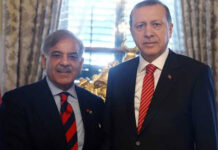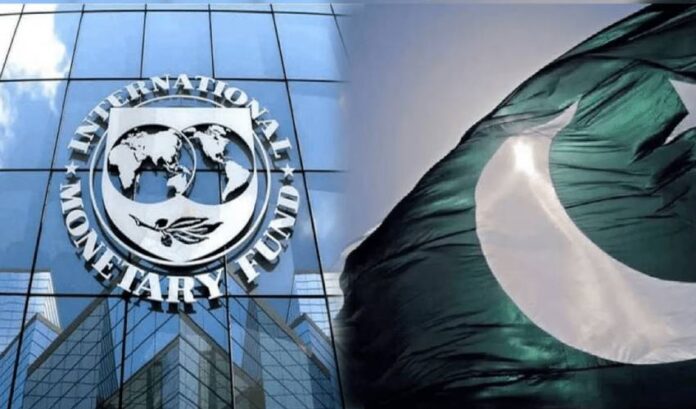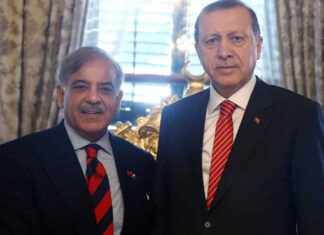The International Monetary Fund (IMF) has imposed a key condition on Pakistan’s federal and provincial governments, barring them from setting support prices for agricultural commodities, including wheat, sugarcane, and cotton.
The IMF condition applies to both finished products, such as fertilisers, and raw commodities, such as wheat, sugarcane, and cotton.
According to a media report, this restriction is part of a broader set of conditions tied to the $7 billion bailout package, aimed at curbing excessive government spending and limiting provincial authority over subsidies.
Currently, the federal and provincial governments control the prices of key crops and inputs, including fertilisers.
Under the IMF’s directive, federal and provincial governments will no longer announce support prices or carry out procurement operations that interfere with the private sector. They are required to gradually phase out their price-setting mechanisms, with full implementation expected by June 2026, beginning with the current Kharif crop season.
Additionally, the IMF has prohibited provinces from offering subsidies on electricity and gas for the duration of the 37-month loan programme.
The IMF also requires governments to limit commodity procurement to their own needs and sell at market prices, ensuring full cost recovery from buyers. Previously, government interventions in the market have led to price distortions and supply disruptions.























